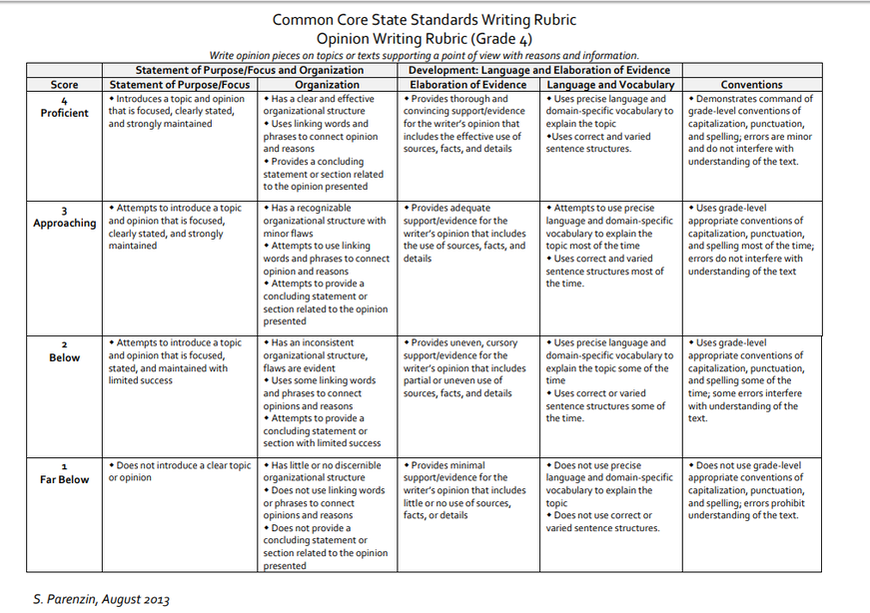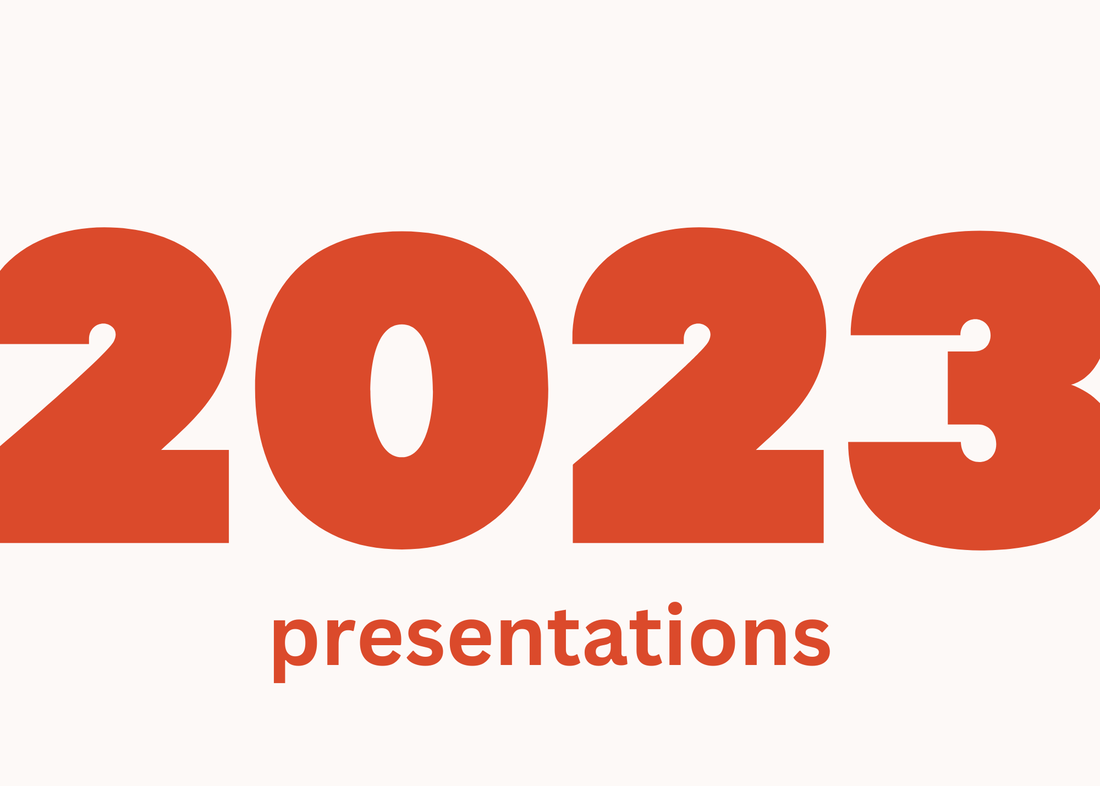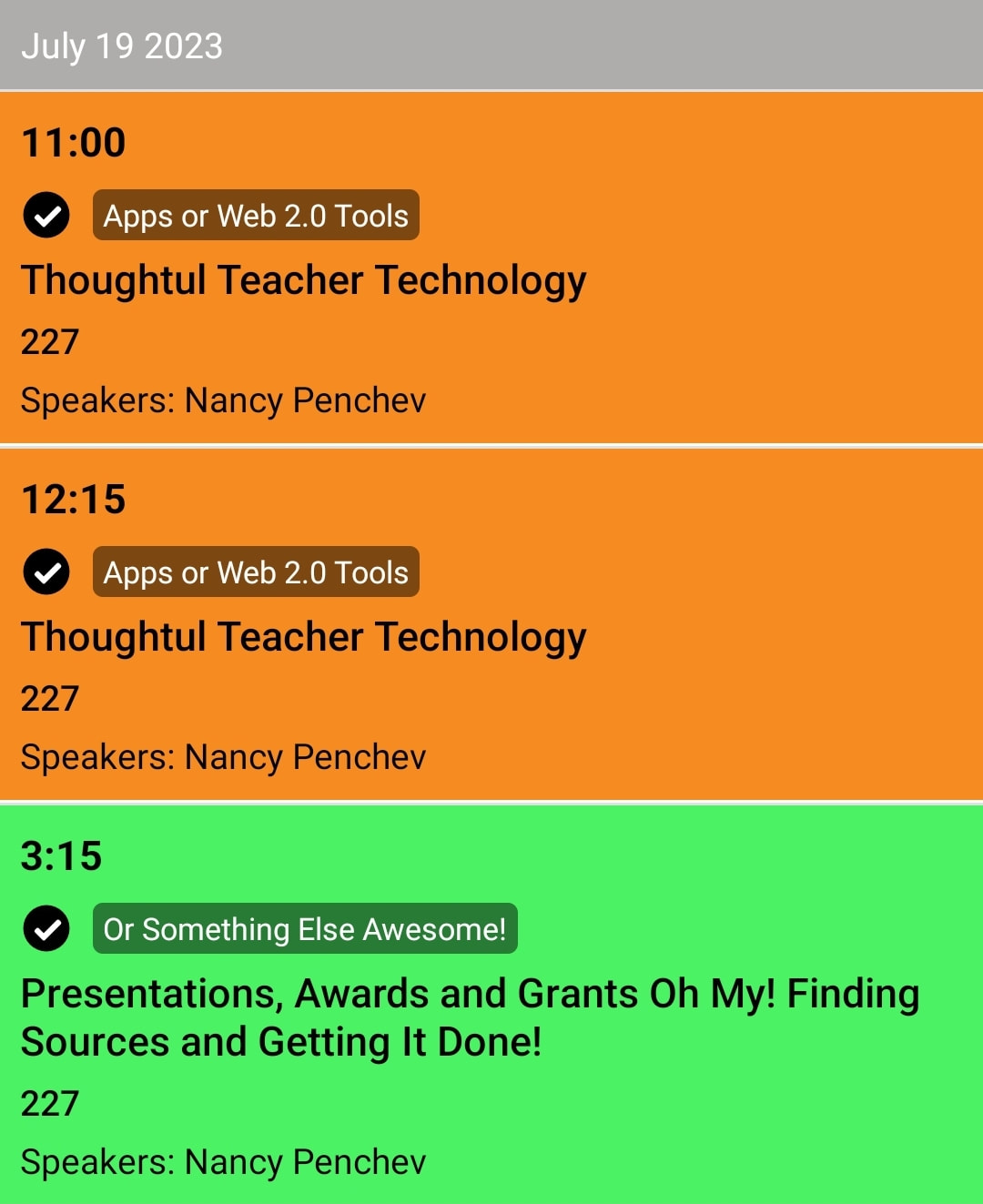St Augustine PBL
St. Augustine is rich in history for both Florida and the United States. Every 4th grader in the state of Florida tours St Augustine as a major part of their year of Florida history studies. By creating a PBL about St Augustine our students will be better informed about the places of St Augustine before we visit and will have a personal vested interest in learning more about the sites. They will have an even bigger investment in their project and will have a personal stake in trying to save their location.
The age, location on the coast, and weathering have put the historical sites in danger of being destroyed unless something is done to help. After reading books and magazines, viewing videos, talking with 5th graders about their visit last year, and taking virtual tours of St Augustine, students will work as small groups to make a list of important historical sites in St Augustine. They will then create a questionnaire to find out what sites people think are the most important to save.
After getting feedback from friends, family, and through sharing the questionnaire on social media students will select one location to learn more about and we will then challenge students is to help save the site. They will research their location, find primary sources and artifacts, and create suggestions for saving and fixing the location. Students will produce a news story to gain attention to the need to preserve St Augustine. Students will be limited only by their imaginations, but technology could be used in the following ways:
- Researching sites
- Emailing sites for information
- Researching saving historical sites
- Designing and Protyping structures
- 3D printing of ideas
- Greenscreen video making
- Animation video making
- Podcasting tools
- Newspaper/Magazine creation
- Website productions
- Fundraising opportunities
Essential Questions:
- How can we preserve the history of St Augustine?
- What's worth saving?
- What happens if we don't save/preserve history?
- How do we design/prototype structures we feel need to be rebuilt?
- What materials are best to rebuild structures?
Final Product:
News in some format (Print, Podcast, or Television)
21st century competency: Critical Thinking
Formative Assessments:
- Justify selection of St Augustine historical location to save
- Ask and answer questions about their location
- Locate resources for information and evaluate the credibility of the source
2. Learning and Innovation Skills: Learning and innovation skills increasingly are being recognized as the skills that separate students who are prepared for increasingly complex life and work environments in the 21st century, and those who are not. A focus on creativity, critical thinking, communication and collaboration is essential to prepare students for the future.
ELA Competency: Opinion Writing
Formative Assessments:
- Create an outline for opinion writing
- Peer conferencing to highlight linked opinions with reasons using words and phrases such as: for instance, in order to, in addition to
- Teacher conference
LAFS.4.W.1.1 Write opinion pieces on topics or texts, supporting a point of view with reasons and information.
Social Studies Competency: Primary Source documents and artifacts
Formative Assessments:
- Locate primary sources and artifacts for location chosen
- Writing captions to explain the historical significance of the artifacts
- Partner share of artifacts and significance
SS.4.A.3.3 Identify the significance of St. Augustine as the oldest permanent European settlement in the United States.
Assessments
This project was designed using the format of the Buck Institute, therefore formative assessments are a major part of the planning. Each of the competencies has three formative assessments. These include teacher conference, peer shares, producing an outline of their opinion piece of writing, and being able to justify choices in their research and creations. I created a Google Form for explaining the Justification of their choice of location.
Summative Assessment: 4th grade Common Core Writing Rubric for Opinion Writing
This rubric was selected as the assessment tool because when students are tested on writing by the state of Florida, this is the critiquing document used. By giving this rubric to students in the beginning of the project, they are aware of what is expected and they can craft their work based on the judging criteria. By getting students familiar with this type of writing during the school year, they are more comfortable when it comes time for testing.


